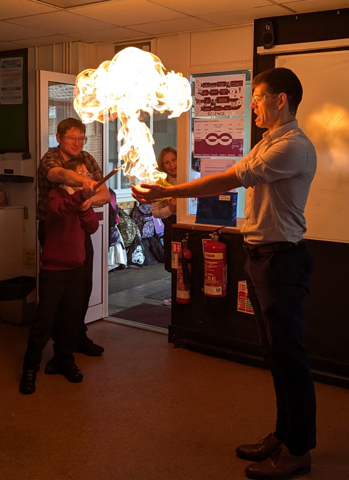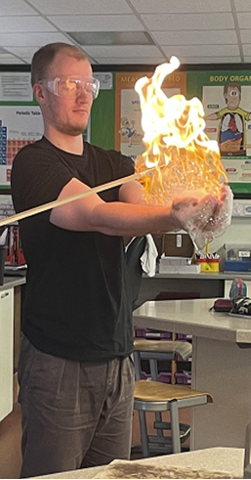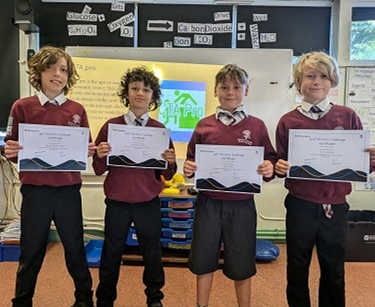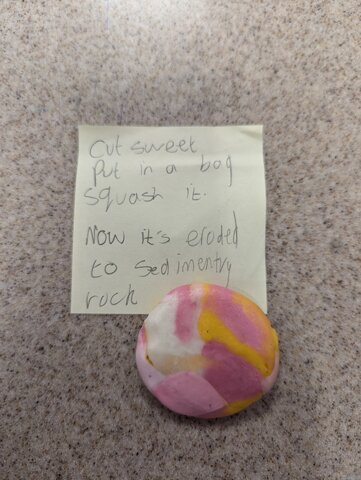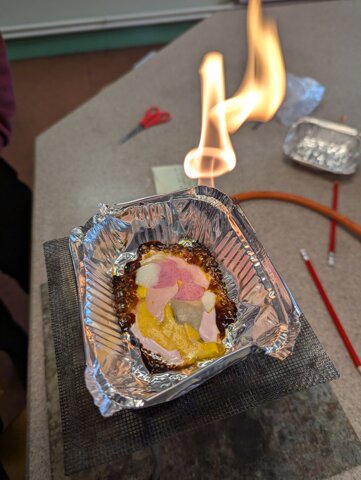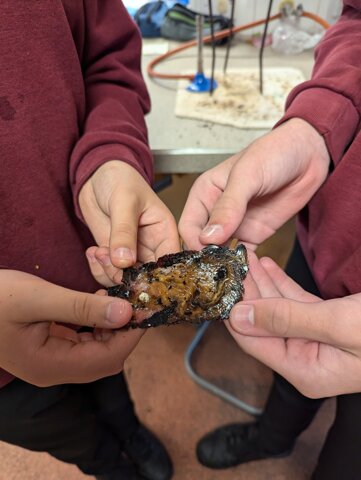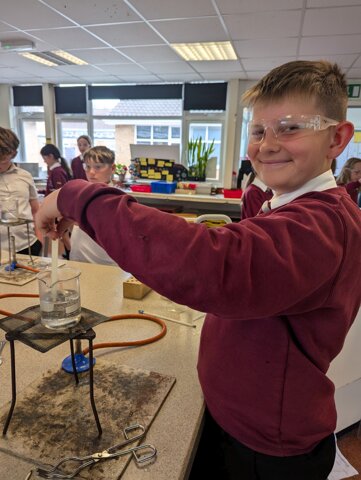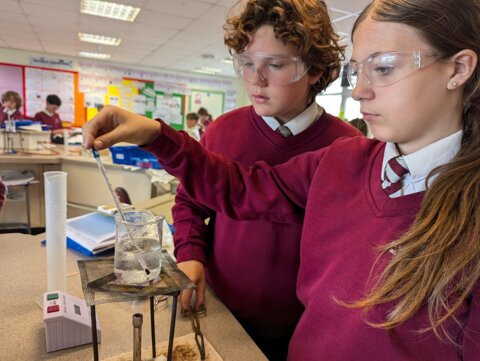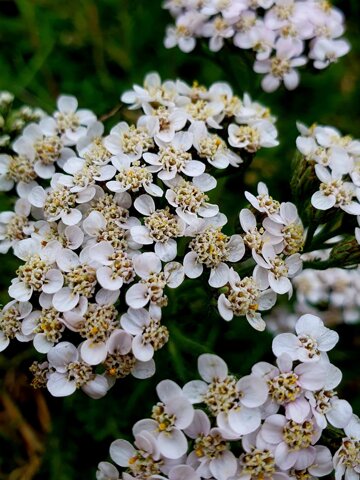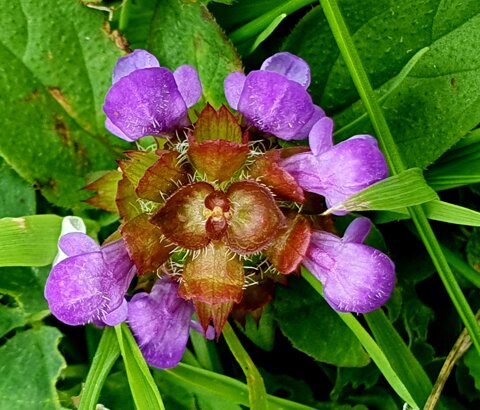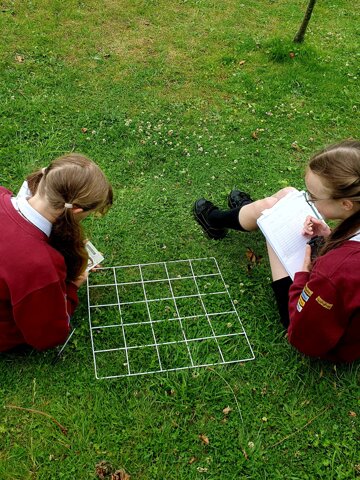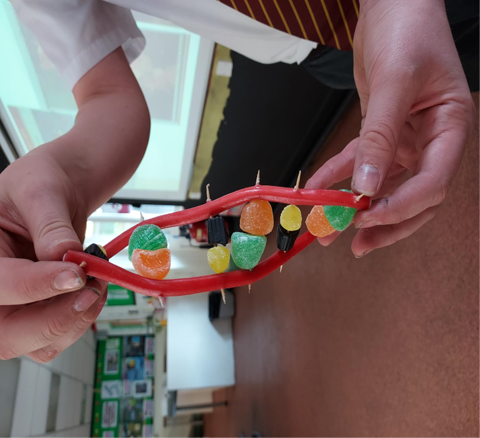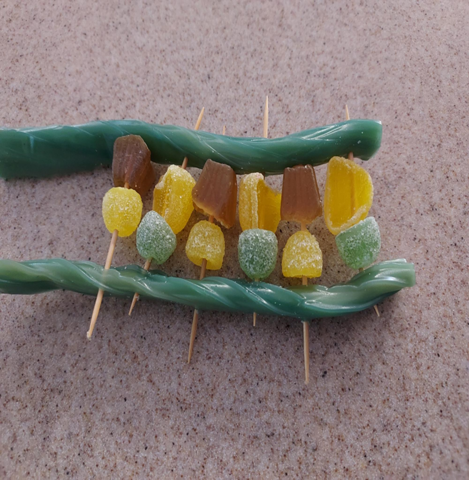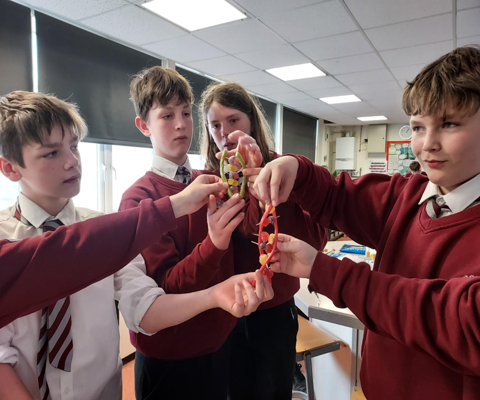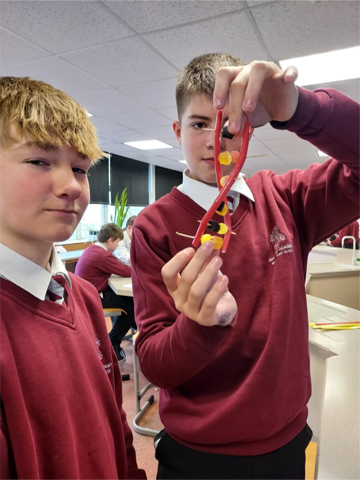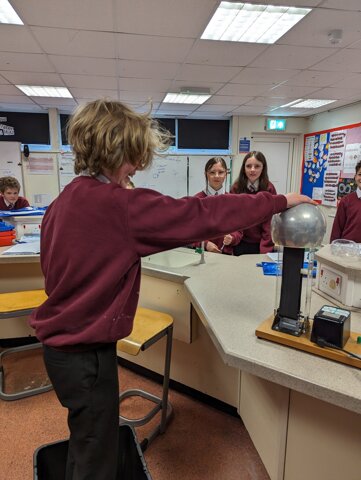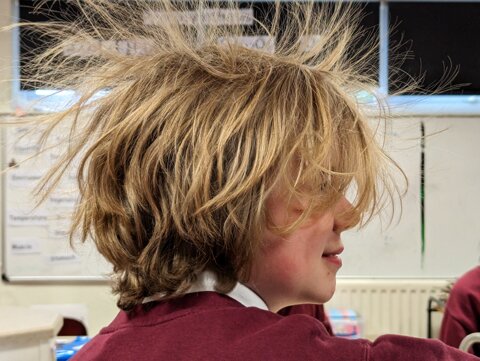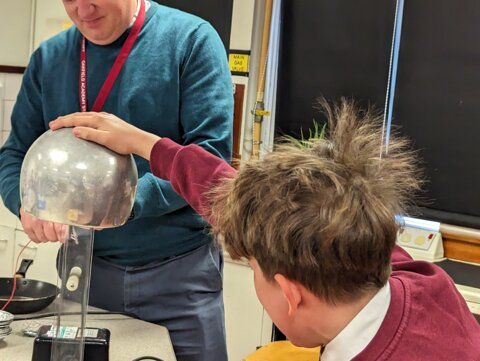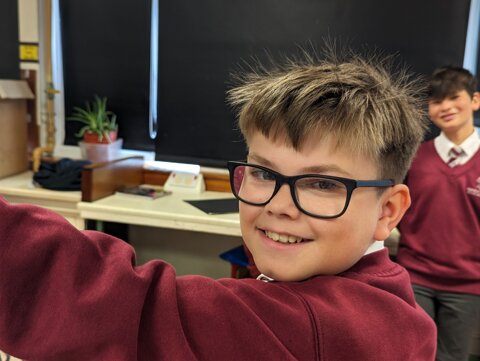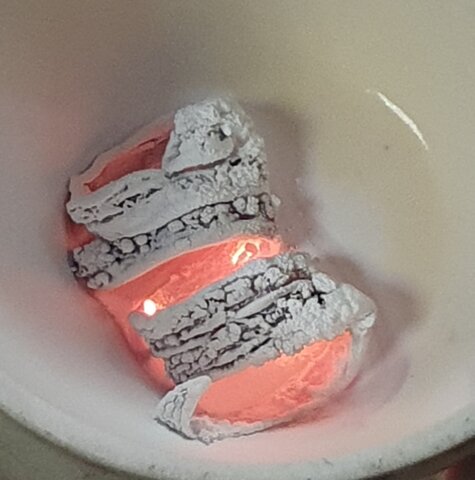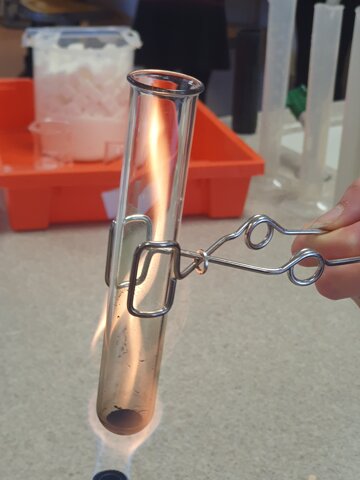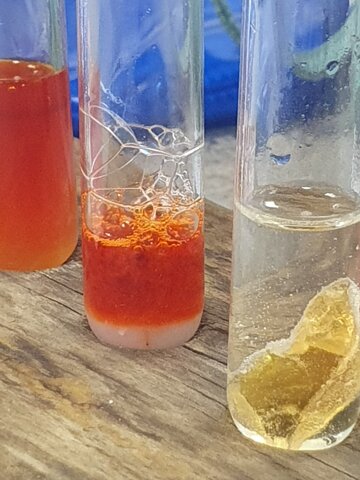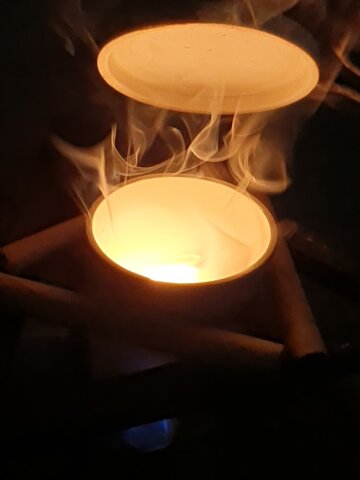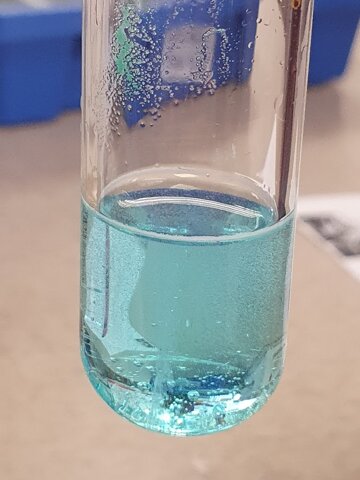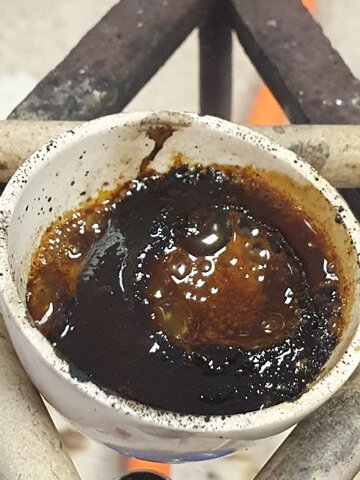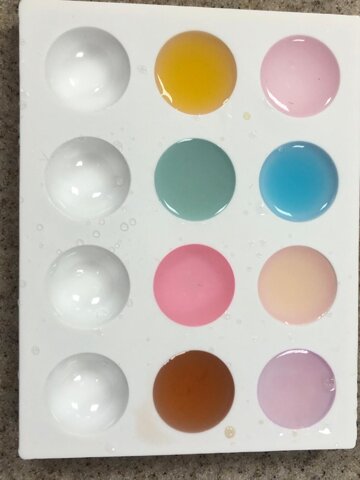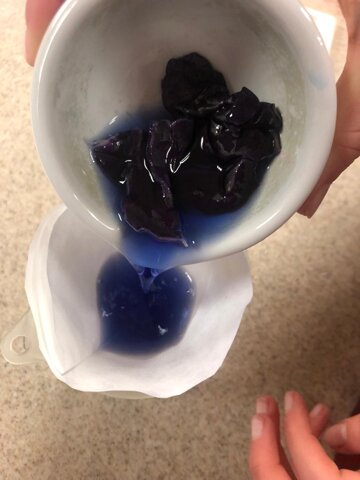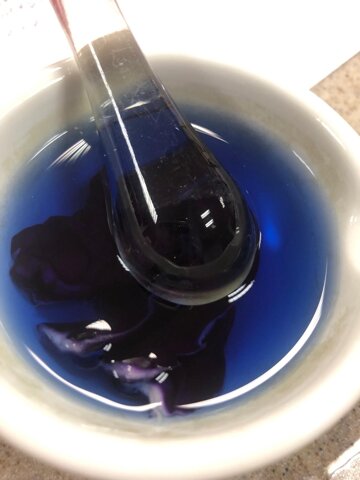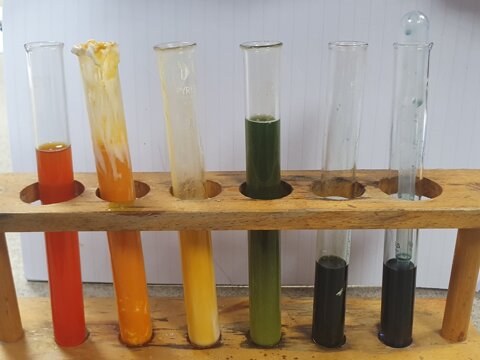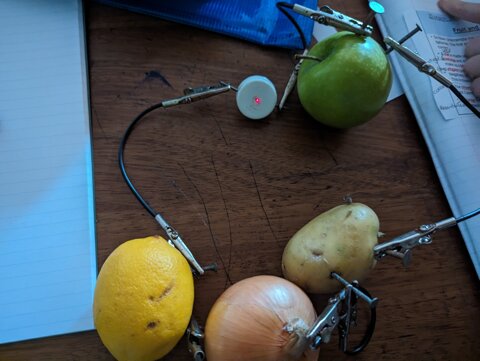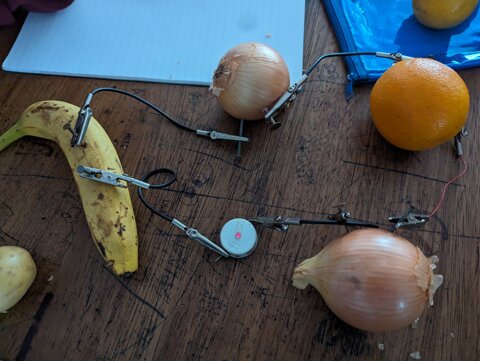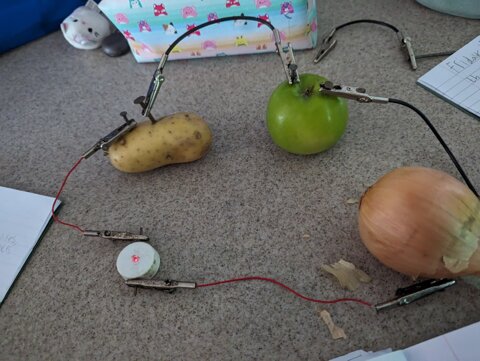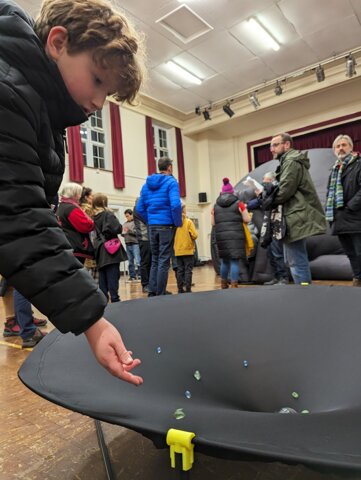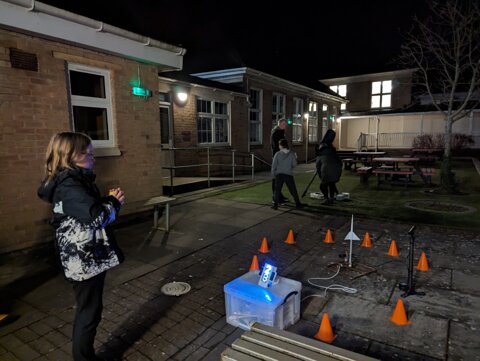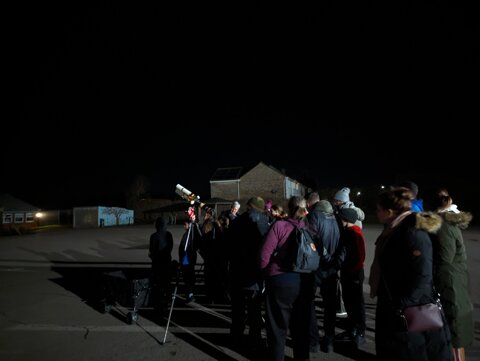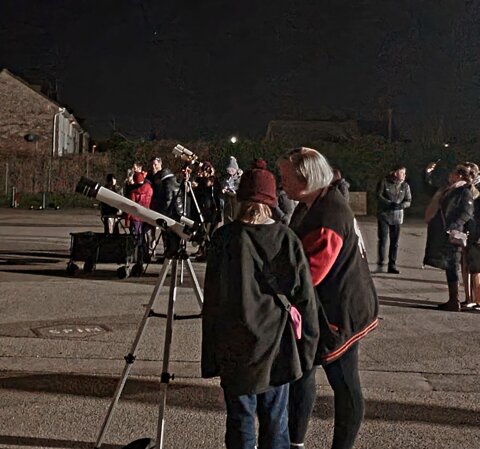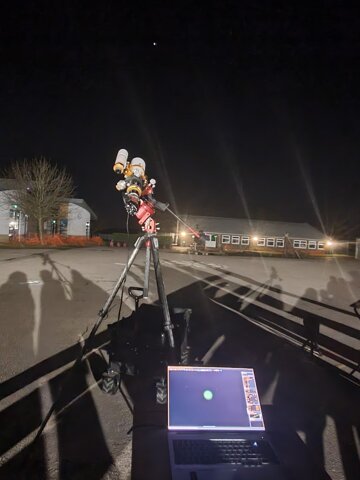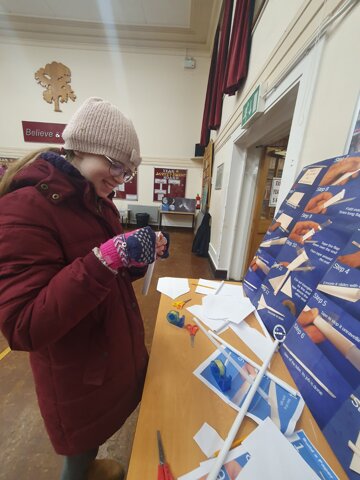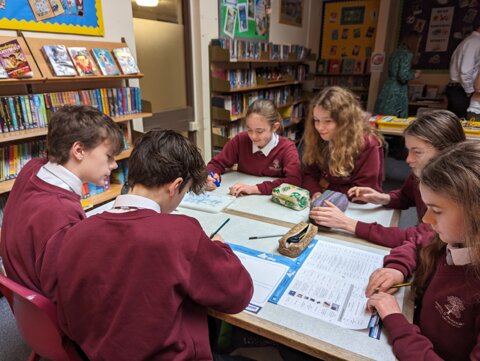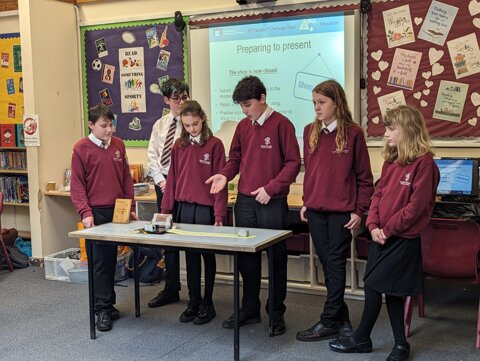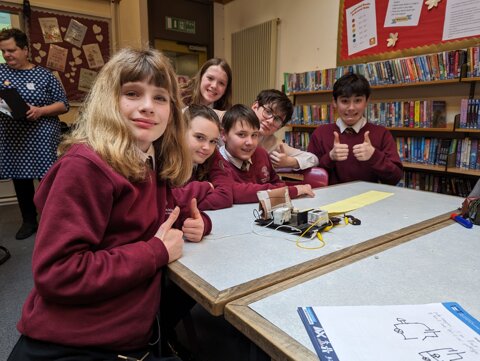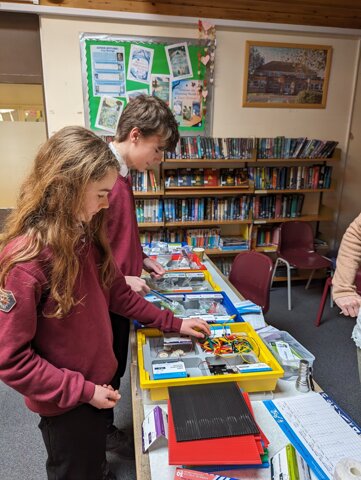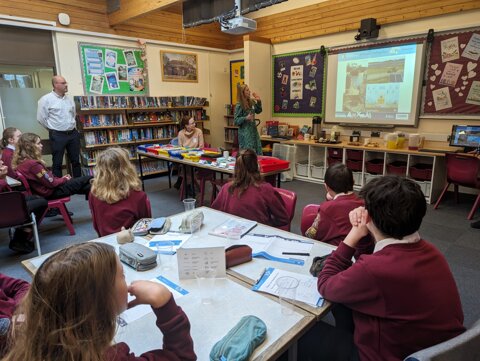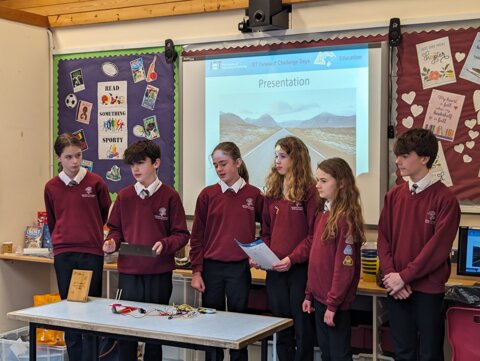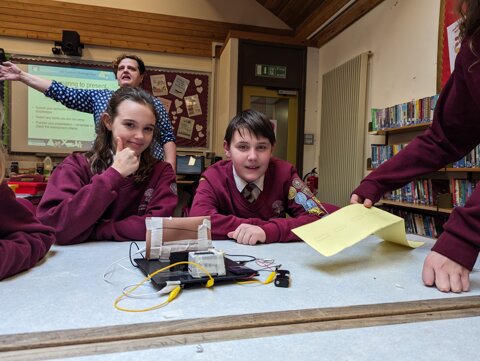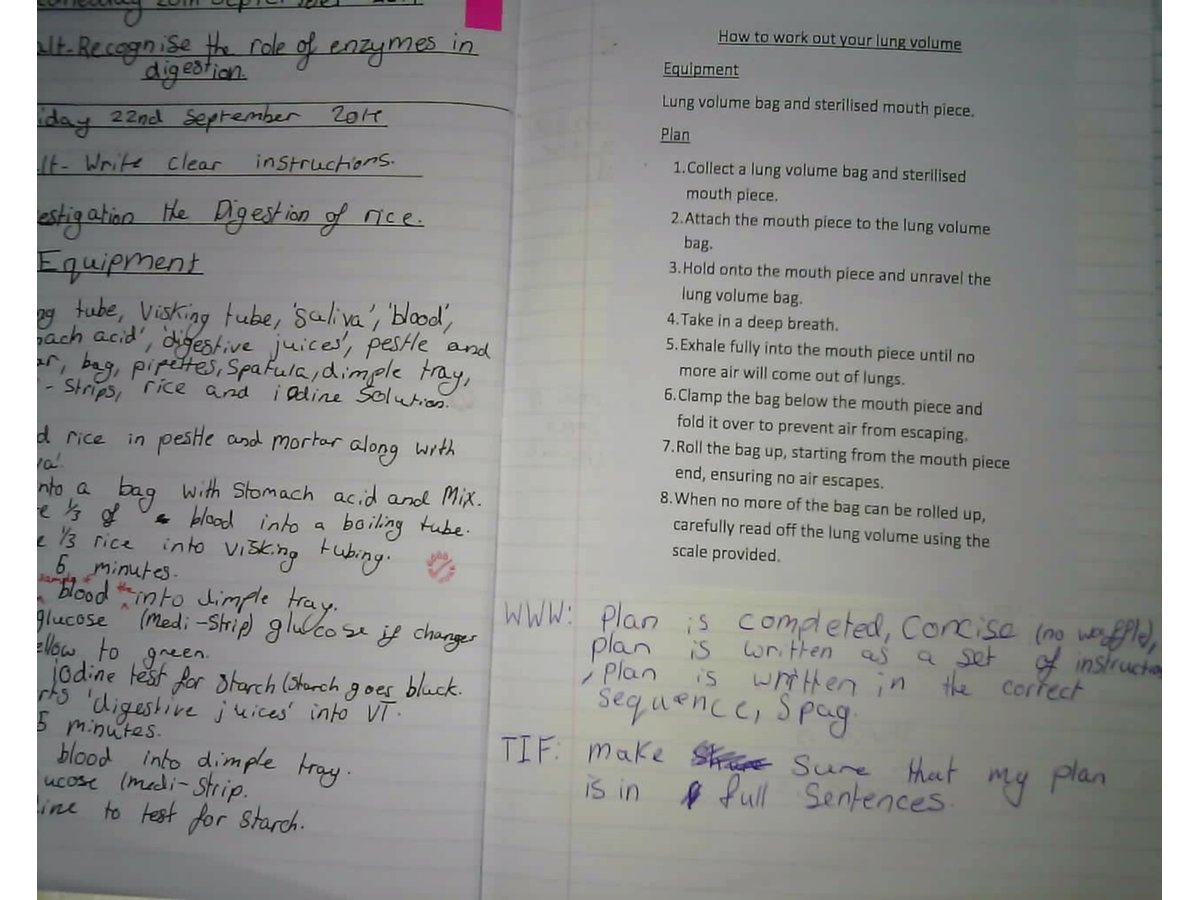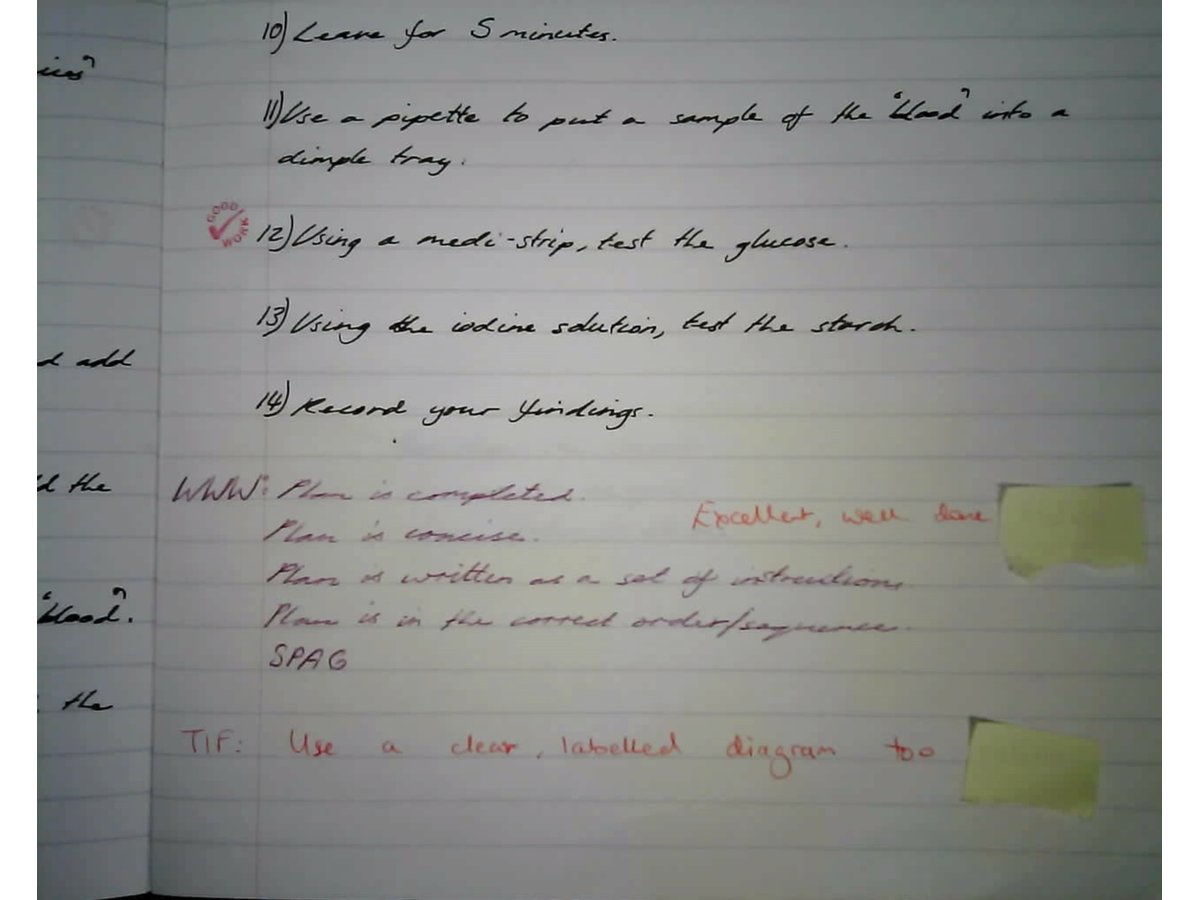.jpg)
Science education is one of the keys to social mobility. Science qualifications open the doors to many rewarding and interesting careers, and scientific literacy is critically important to being an informed citizen. Science is the most powerful method humans have for understanding the world.” Sir John Holman
We aim to ensure that our students not only develop a love for learning Science, but acquire the knowledge they need to become active and healthy citizens in modern society, and to enable them to reach their full potential, regardless of their background, able to continue to study Science into the GCSE course and beyond, should they choose to do so.
At Oakfield Academy, we aim to support all learners, regardless of background, to achieve their full potential. We want our students to recognise that Science seeks to explain the world, to learn about the differences between each Science and to learn about the different ways scientists work. We break down the knowledge into key concepts which are taught in the separate disciplines of Biology, Chemistry and Physics from year 5 onward and carefully sequence them so that knowledge is introduced in a logical order over a 4 year journey. We want our students to retain this knowledge long term and be able to apply it to explain the world around them. We aim to encourage the natural curiosity of our students and as such we ensure that they
have the knowledge and skills required to learn through carrying out practical experiments and eventually to be able to design investigations which answer their own questions. We want our students to become scientifically literate. To be able to read and understand scientific articles in the news or in literature, to communicate their understanding effectively and with confidence and to understand and engage with scientific issues so that they can form valid opinions and make informed decisions. Reading in our school is part of the culture. We want children to love reading and as such our Science curriculum is designed to encourage reading.
Our curriculum is also designed to ensure that our students develop a knowledge of how science relates to social, moral, spiritual and cultural issues as well as the scope and limitations of science in this regard.
Head of Science: Mr M George
Science Teachers: Mrs H Curtis, Mr C Shaddick and Mrs R Gardner
Science Technician: Mrs C Hughes
We are incredibly lucky to have two fully functional science labs within school and this allows all Key Stage 2 and all Key Stage 3 children to be taught their Science lessons in Science laboratories for the majority of their lessons.
The skills of Science are taught during each topic. Our students learn how to be scientists by developing skills in predicting, planning investigations, measuring, observing, recording results, displaying results, analysing results and evaluating the success of their investigations.
The Science Department has strong links with Frome College. We are continuously adapting and improving our schemes of learning to ensure that our students continue to have an excellent grounding in Science concepts and skills.
Science Documents
Bunsen Burners

The future of technology and innovation is alive at Oakfield”
18th June 2025
This afternoon Jayden Pain, Logan Squire, Johnny Sanger & Rubus Gay-Saxon (supported by Ned McLarnon) all presented their App and AI technological innovations Bin it to Win It, Voices of the Wild & Stop the Hunt to 7 industry computing and engineering professionals who work for Tata Cooperations as part of their GoIT Steps into STEM program.
They received fantastic feedback around their ideas, detailed research and confident presentation followed by a Q&A session & Careers and Qualifications advice from the professionals.
As one of the judges said "We always get such well presented, detailed research &
innovative ideas from Oakfield students- the future of technology and innovation is alive at Oakfield"
AI technological innovations
Science News
w/c 2.6.25 has been an exciting week in
Science this week with
Mr Shaddick! On Wednesday 5S carried out an investigation into how absorbent the hydrogels in nappies are with one group getting nearly 2L of water before the nappy leaked/split.
Mr Shaddick was very surprised himself about how absorbent nappies are! Y7 tested the solubility of biro pens, nail varnish, felt tip pens and pastels in different solvents of water, ethanol & acetone. 6N&6S acted as surgeons by very
maturely and sensibly carrying out heart dissections as part of Animals including humans. They were particularly fascinated by the thickness of the muscle fibres & the blood clots found inside. Well done all!
Science News June 25
STEM
Last Friday (16.5.25) the Y7&Y6 STEM/GoIT team presented their ideas directly to the active travel team from Frome Councillors on how to make Frome a more sustainable place. The Y7 team (Charlie, Tyler, Annabeth, Mila, Sofia, Archie & Toby) presented their UK winning and global young innovator of the year entry the app Somershare, where the Y6 team (Jayden, Logan S, Johnny & Rubus) presented their Somerscience entry Recycling Rewards: Bin it to Win it app aimed at reducing littering and increasing recycling rates. They were very impressed with the research both teams put into their innovations & practical ideas. Next step: Actually building both apps for possible use in Frome!
Thank you to Fiona Barrows, Matt Mellen & Lucy McMahon from Frome Council & Chair of Governors Melody Hunter-Evans for setting up the meeting.

STEM News
STEM GoIT (Globel Young Innovator of the Year)
Stargazing
PH Scale lesson
On Friday 20th December 5O were lucky to create the pH scale in a confident lesson delivered and planned by Y8s Romilly S, Genny C, Lola J, Zoja B & Lillian T. Well done 5O and Y8s!
PH Scale
Spotlight on Science Dec 24
This week in Science Students from Y8 have acted as guest teachers for several of our KS2 classes. They planned their lesson, created a PowerPoint and worksheet and carried out an experiment with the classes on Acids and Alkalis and creating the pH scale.
On Monday Minty M, Ava M & Clara H taught a very confident lesson to 6R. On Tuesday Ethel D, Kiera C & Scarlett K taught 6N. On Wednesday Ruben M, Hunter V, Morris F & Ava C taught 5S who impressed their guest teachers with their practical skills, maturity & enthusiasm. Also on Wednesday Dylan B, Ole D, Joel W all taught 6S however the show was certainly stolen by Aiden O who lead from the front, thoroughly entertaining the class making them all laugh.
6C & 5O will be taught on Thursday and Friday, and updates will follow in the first newsletter of 2025.
Well done Y8, Y6 & 5S. Well done for rising to the challenge. You've all been amazing.
Pictured: 6S being taught by Aiden O, Millie B and Bea B 6S, Daisy G, Olive B, Betty B, Camille J, Coralie H and Eva W 5S & Ashton O 5S.
Spotlight on Science Dec 24
STEM Club news
STEM Club have now been selected to represent the whole UK in the TCS Young Global Innovators 2024 of the WORLD award, from all the entries across the entire UK across 2024. Their idea "Somershare" will represent the UK and Ireland one of 8 global regions where the competition takes place including America, Canada, Australia, Middle East & Europe.
Congratulations to Mila P, Sofia P, Tyler A, Annabeth A, Charlie T, along with supporters Archie H & Toby P.
STEM Club
How to make Blood/Copper Sulphate
On Wednesday 5S explored what makes up blood. They made their own model of blood using cooking oil as plasma, red Cheerio’s as red blood cells, marshmallows as white blood cells and crushed up shreddies as the platelets.
Pictured: Mostyn C extracting some Connor P's "blood"
Year 7 have been exploring compound by putting their chemistry skills to the test by making copper sulphate. Techniques practiced included evaporation, careful heating of acids, and filtration.
Pictured: Lillian S and Tristan H.
Bonus picture of Baxter C 6S who also got to make some crystals (and helped Mr Shaddick with his marking) while the rest of Y6 enjoyed the pantomime!
Blood/Copper Sulphate
Identifying Chemical and Physical Changes
This week in Science Y7 have been looking at identifying Chemical and Physical changes by carrying out a circus of 8 different experiments & recording their observations. Pictured Lily S, Toby P, Paddy H, Mason A, Lacey P, Elena C.
Y8 have been revisiting prior knowledge on Acids and alkalis. Ava C was able to recreate the whole pH scale using universal indicator all by herself. Well done.
Chemical and Physical changes
YEAR 6
6N & 6S have been studying classification of vertebrates, invertebrates, plants and Microorganisms. They have used the bug box with invertebrates in resin to create classification trees based on their features. Here are some of the best! Well done. 6N & 6S have been studying classification of vertebrates, invertebrates, plants and Microorganisms. They have used the bug box with invertebrates in resin to create classification trees based on their features. Here are some of the best! Well done.
Verterbrates
Stargazing
In science Mr Shaddick told us about “100 hours of stargazing” - there were 4 challenges and I completed them in my garden with my dad. We saw The Plough, The Summer Triangle, Cassiopeia and Saturn.
The next night we saw ‘Bath Astronomers’ had a family stargazing night.
Me, mum and dad got to look at Saturn through a telescope which was amazing. I even managed to take a picture of Saturn through the telescope!
Saturn had an orange yellow colour and we could see two moons next to it orbiting Saturn. They answered lots of our questions about Space and it was really fun. - Poppy W
Our Friends at Bath Astronomers run regular public star gazing events, which are free for anyone to attend, where, (like Poppy and her Family) you can learn more about astronomy and use their high tech telescopes to observe the wonders of the nights sky for yourself.
Please use the link below to sign up to their mailing list to find out about their next public stargazing event if you are interested.
Thank you so much to Simon at Bath Astronomers for lending us the astronomy box for September to help support our teaching of the Y5 Earth and Space topic! Lots of fun was had by Y5 using the tellurium, gravity well, binoculars and making their own planisphere.
Astronomy
Safety
Thank you to Mr Colman and Mr Mepham who helped Mr Shaddick demonstrate the importance of FIRE SAFETY in Science
lessons
Science Safety
STEM Champions
Huge congratulations to Charlie Tolcher-Jones, Tyler Amphlett, Archie Hinchcliffe and Toby Parker who have won the June GoIT monthly challenge on their app design CTA Pro on combating solutions to poverty.
Well done also to Romilly Squirrell Bowman, Indigo Dixon, Lillian Tucker, Genny Conway, Sofia Peet, Mila Peet and Annabeth Apps who also submitted an entry to the challenge.
"The judges were highly impressed with your app idea “CTA Pro”. They loved how intentional you were about reducing poverty by creating a platform to aid your community center in an innovative and practical way and the topic was clearly well researched and reflected highly within your work."
Stem Champions
Rock Cycle
Last week 8C and 8S used sweets to model the rock cycle, involving eroding the rocks using scissors to form sedimentary rock, applying pressure to flatten and form metamorphic rock & heating and cooling using the Bunsen burners to form magma and igneous rock.
Y7RNS have been learning about ecology and undertaken several field studies on analysing the distribution of plant life using quadrats & transects in the harmony garden & school field. Pictured: Genny Conway and Romilly Squirrell-Bowman, pictures taken by Indigo Dixon.
In a sneaky preview of Y7 & KS3 Science, 6S have been learning about variables and how to make experiments fair, reliable and valid by investigating how the temperature of water affects the time it takes for sugar to dissolve. I am super impressed with the maturity and safe behaviour shown and thoughtful contributions. Pictured: Billy C, Isla H, Lily St C and Mollie W.
Rock Gallery
DNA Structures
Pupils from 8N investigated DNA structures this week with the help of assorted sweets.
DNA
Van Der Graff generator
Fun with the Van Der Graff generator this morning with 7S and 7R.
Van Der Graff
Changing Substances Topic
These wonderful pictures were taken by Indigo Dixon 7N as part of the Changing Substances Chemistry topic in Science
Pictures include the reaction between magnesium and oxygen, melting chocolate and investigating the pH scale using Universal indicator and Red cabbage. Well done Indigo!
If you want to make your own red cabbage indicator at home over Easter to investigate the pH of household substances the instructions are below. If you do, please share a picture with your Science teacher.
- Chop up the red cabbage into small pieces and place it in a mug.
- Add freshly boiled water from the kettle.
- Stir the cabbage and boiling water until a deep purple solution is made.
- Put drops of your substance sample onto a white plate and then add your red cabbage solution.
- Use the colour comparison chart to find the pH of your substances.
Changing Substances
Fruit & Vegetable Batteries
Y6 have been concluding the Electricity topic by making a battery using fruit, vegetables, copper and zinc nails (electrodes) and crocodile clips to light an LED.
This particular battery was made by students in 6S.
Fruit & Vegetable Batteries
Star Gazing
IET Faraday Engineering Challenge Day.
.jpg)
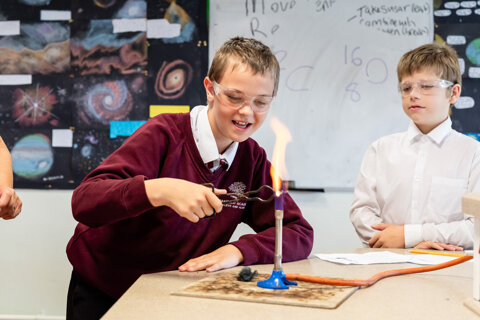
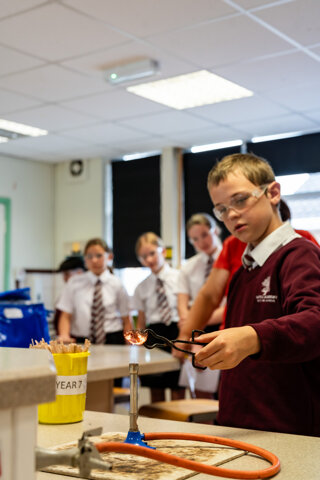
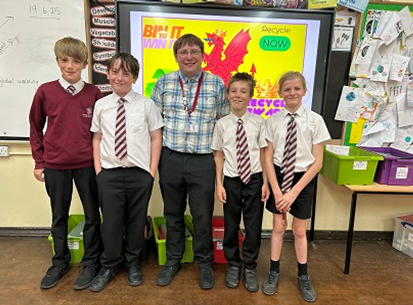
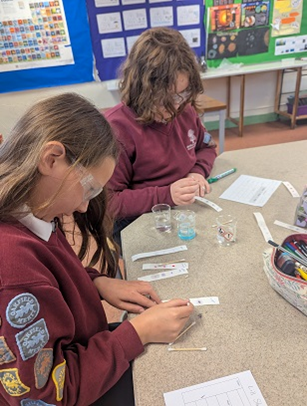
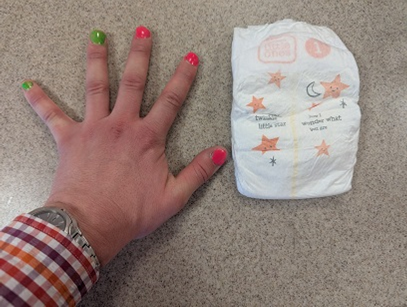
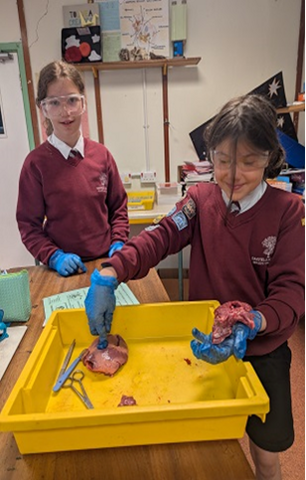
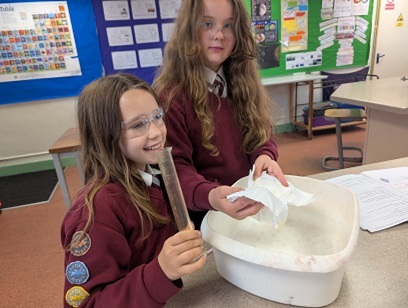
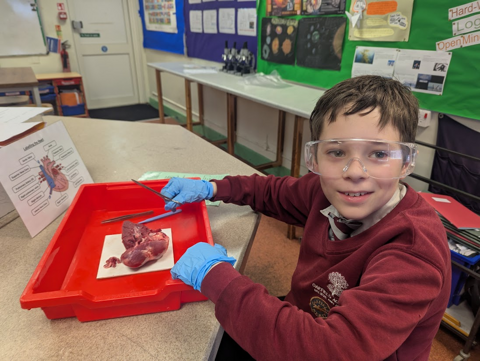
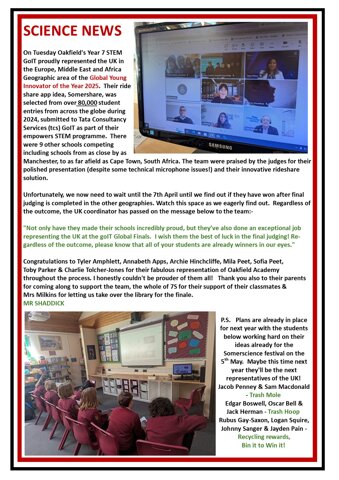
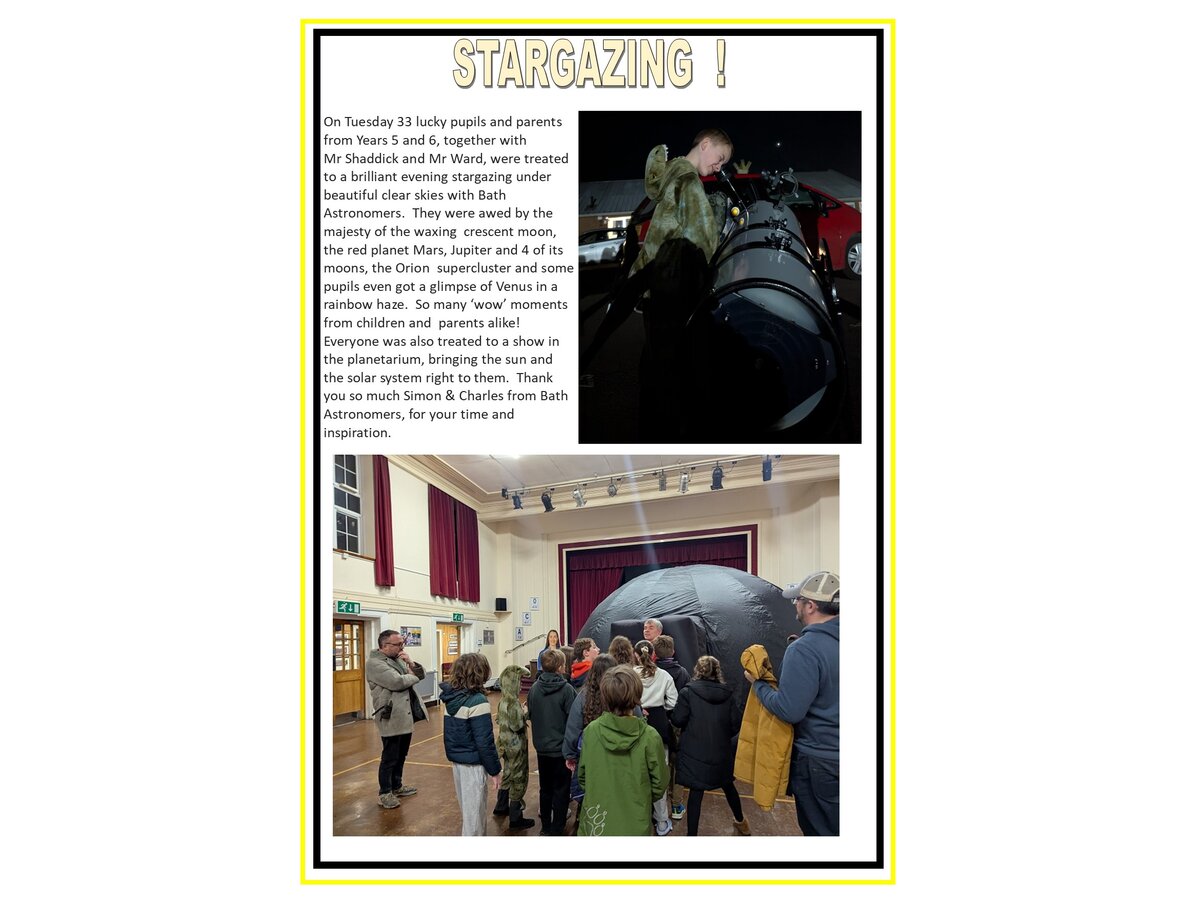
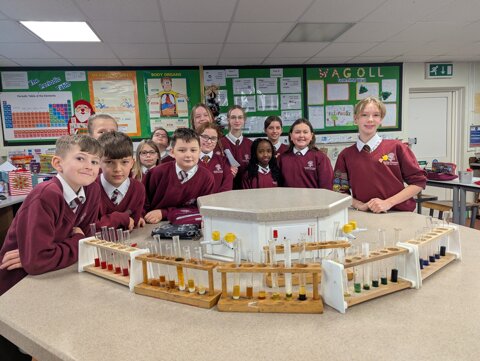
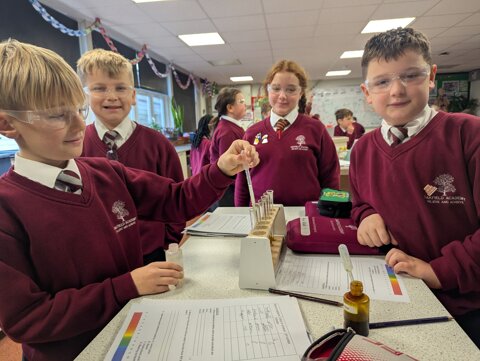
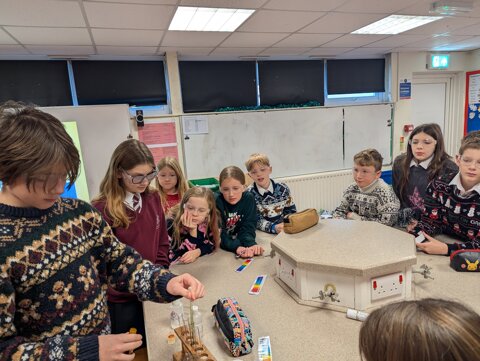
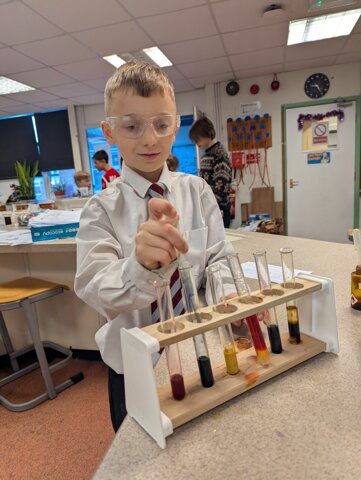
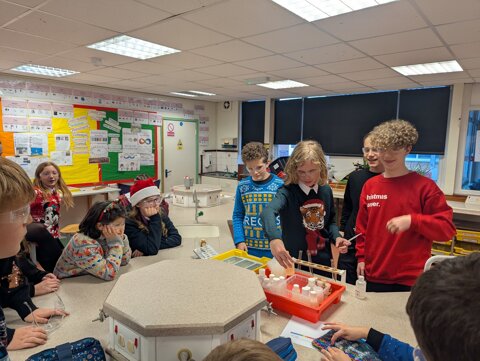
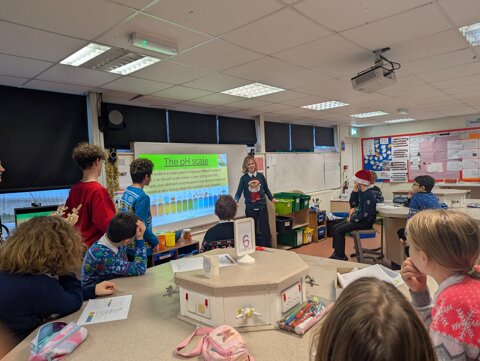
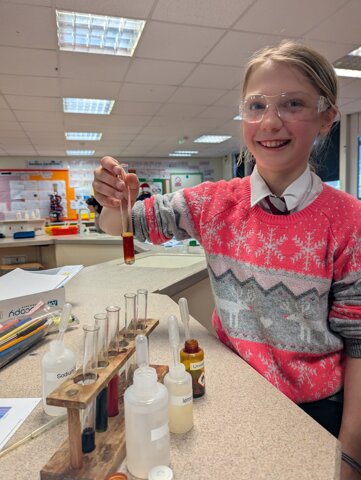
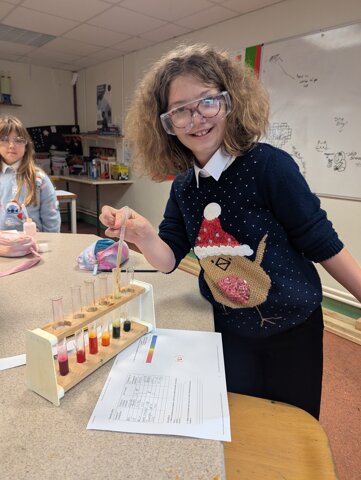
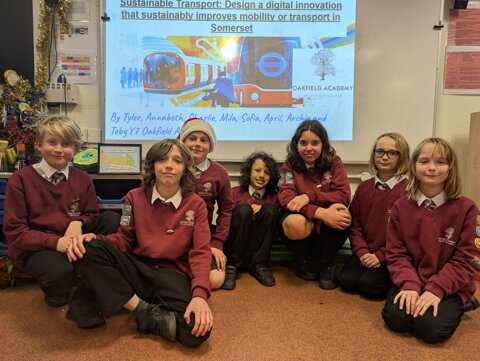
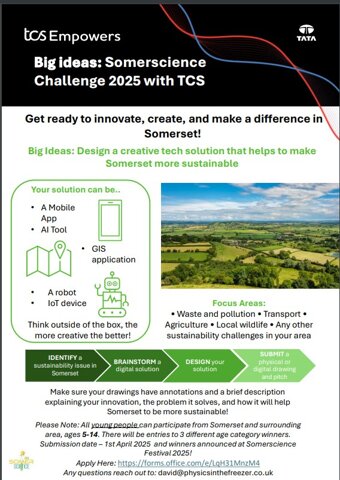
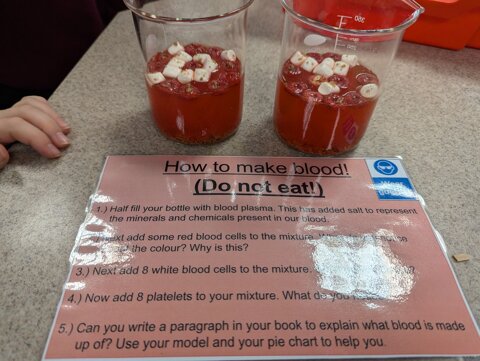
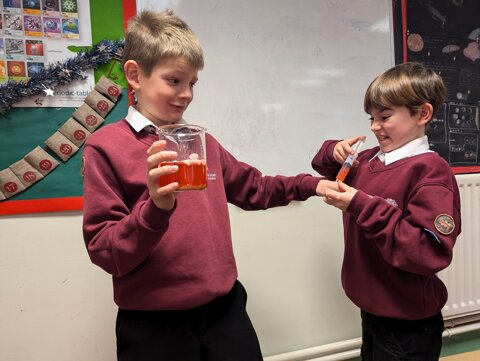
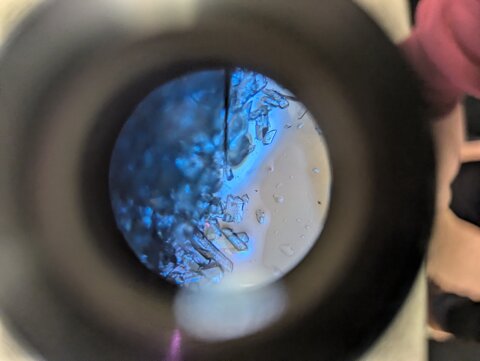
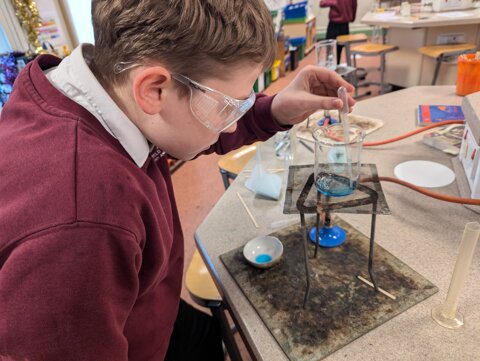
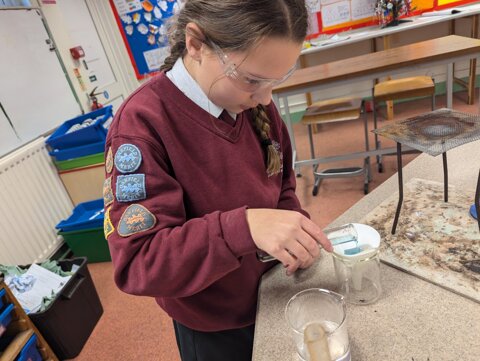
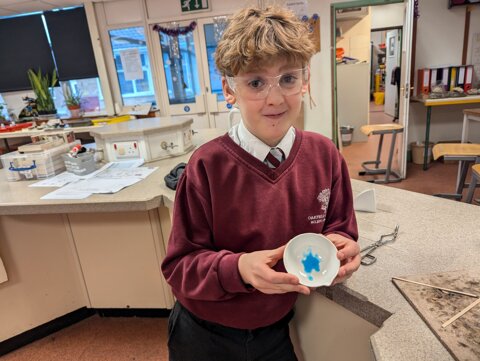
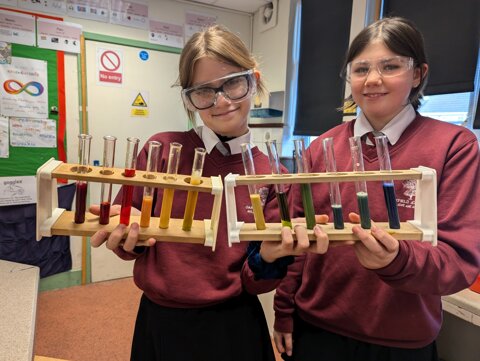
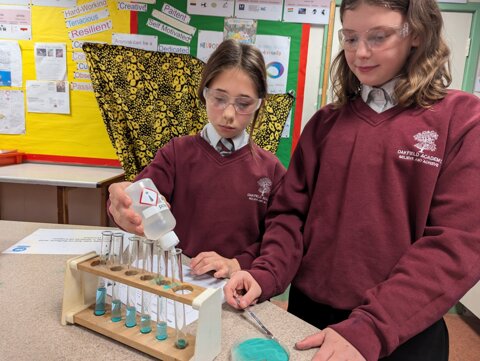
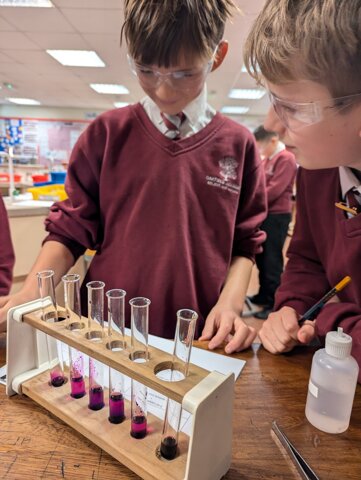
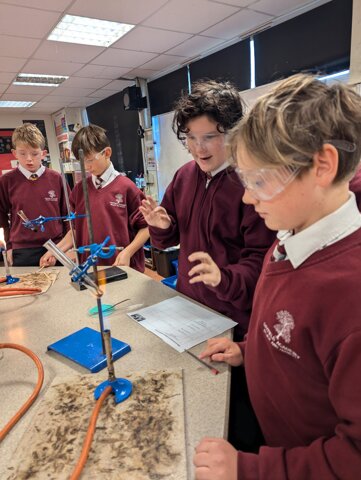
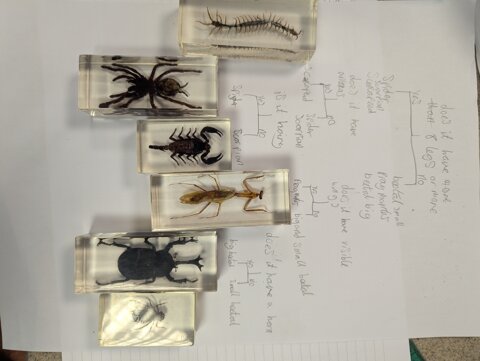
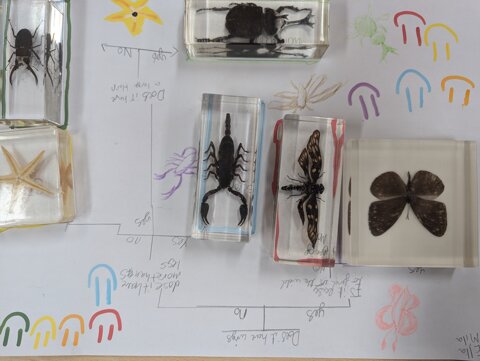
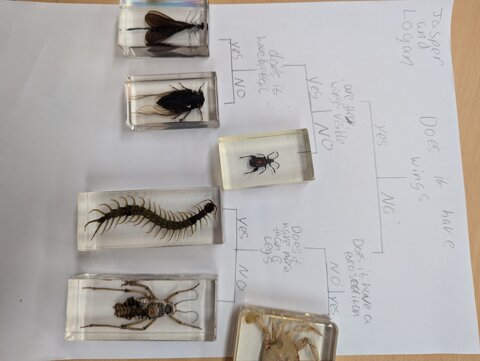
.png)
.jpeg)
